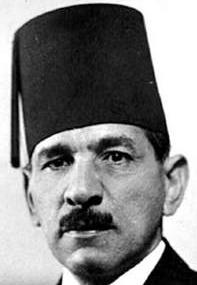Introduction
"When a great man dies, for years the light he leaves behind him, lies on the paths of men."
-Henry Wadsworth Longfellow

-Henry Wadsworth Longfellow
Author’s Note: Hello! This is my first professional and researched timeline that I will be making! I am very excited to share my take on the 1950s with some...different events. The First Chapter should be up some time Thursday or Today!
Sources
(Will Be expanded in the future)
(Will Be expanded in the future)
Last edited:


